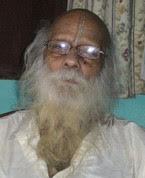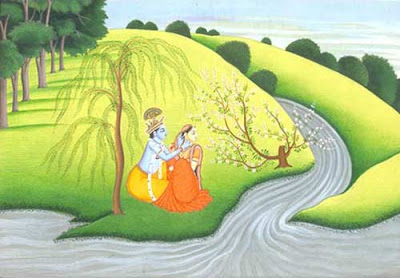Anuradha's question

"It is commonly assumed that the nature of spirituality is not only fundamentally different from ordinary experience, but that this difference is vastly superior. From this it is concluded that the tests of truth or meaning used for ordinary experience are not relevant for the so-called higher truths that guru and religions offer. This age-old separation of the spiritual from the worldly is deeply embedded in all of civilization. We view this split as tragic, and at the core of the fragmentation prevalent in the contemporary human psyche. The inner battle between the presumed higher and lower (or good and bad) parts of oneself often binds people with conflict by making them unable to accept themselves as whole human beings." (The Guru Papers; masks of authoritarian power by Joel Kramer and Diana Alstad) Jagat, do you agree ? It is commonly assumed that the nature of spirituality is not only fundamentally different from ordinary experience, but that this difference is vastly s






